Sometimes it’s hard to find balance in the world of breakfast. With options like breakfast cookies, pancake sundaes, and bagel sliders it can be hard to go for the healthier route of smoothies and fruit.
Although I’m a huge proponent of lazy weekend morning brunches myself, I try to have some balance on busy weekdays by relying on my trusty Nurtibullet. I love experimenting and trying new flavor combinations, even if that means slurping on some murky colored mush (hey, don’t judge a book by its cover).
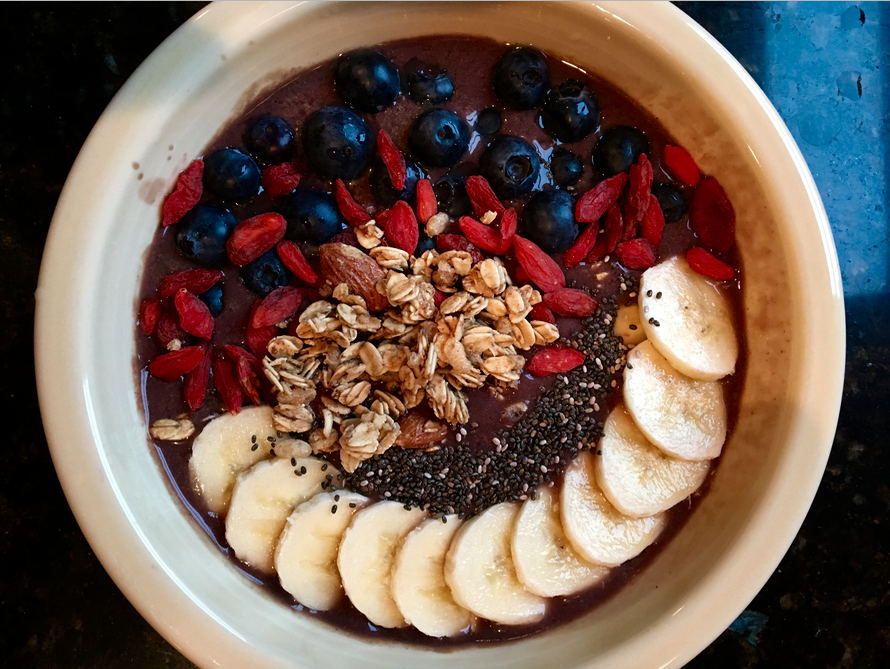
Photo by Nicole Lacasse
With the sudden abundance of smoothies in social media and pop culture, it can be hard to not be enticed by this recent food fad. Food bloggers and Instagrammers alike post photos of brightly colors bowls and drinks. They rave of their numerous health benefits and nutritional value so much that it’s easy to get lost in this health craze.
Are you adding flax seeds, protein powder, dates, and kale all to your smoothie just because your favorite blogger did? As this article perfectly put it, the smoothie has gone from being a quick and easy way to get in a serving of fruits or vegetables to a sneaky way to add, in some cases, upwards of 700 calories into your morning routine. The biggest issue is that people have turned this simple breakfast into something excessive, even to the point of it becoming unhealthy.
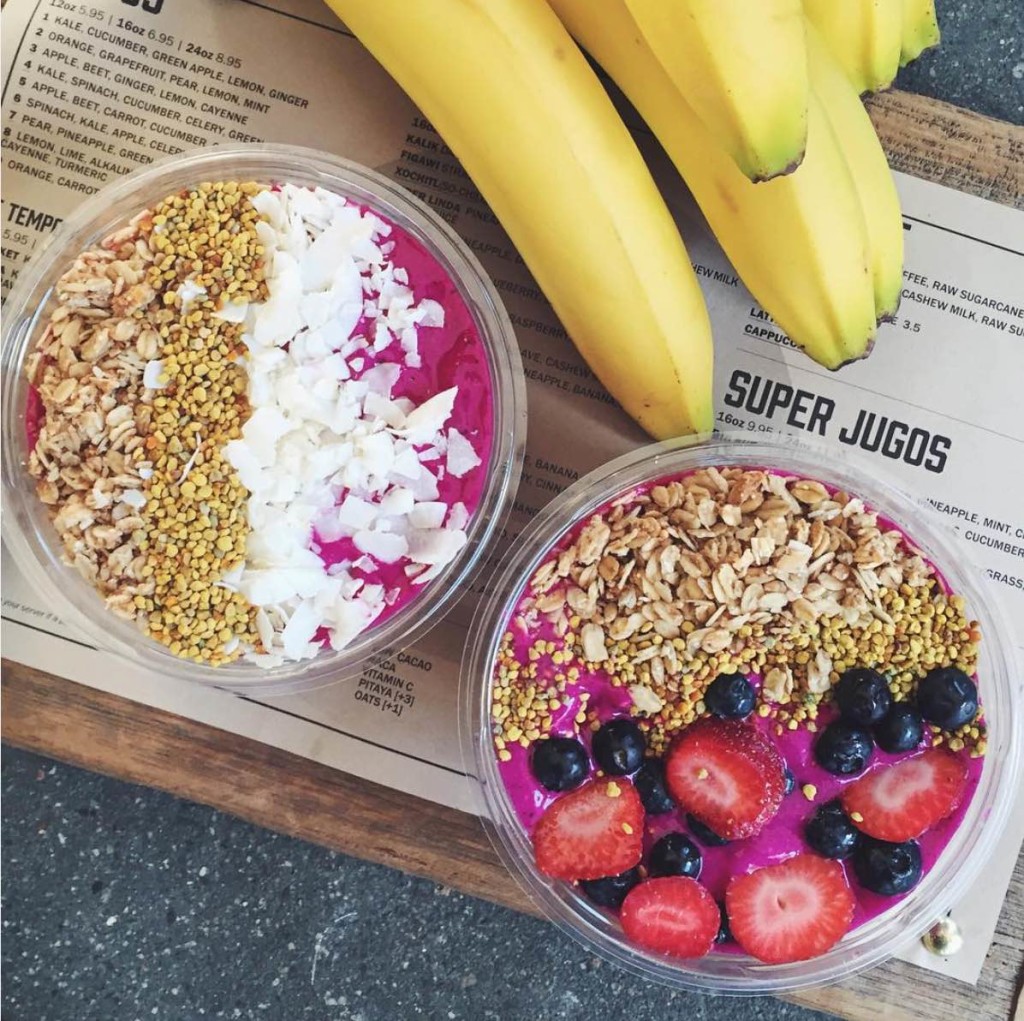
Photo courtesy of @freshfitandfearless on Instagram
The common supplements in our smoothies are all undeniably healthy for you, but as everything else in life, these ingredients should come in moderation.
I know I’m guilty of adding a number of different powders, seeds, toppings, and fruits to my smoothies just for the sole purpose that I’ve been told they are “healthy” or “superfoods”. Very rarely do people know what the nutritional benefit these foods offer or what they can do for our bodies.
We see “hemp seeds” or “spirulina” and immediately assume its the best for us. But do you really know why these foods are healthy for your body? Do you really know why you want to be drinking that supposedly healthy green drink?
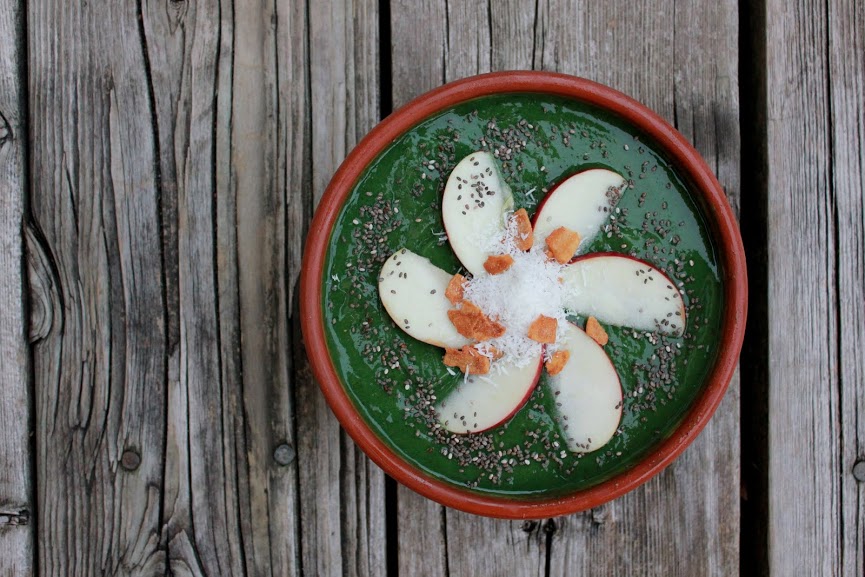
Photo by Carolyn Chin
Nutritional Information
Fruits
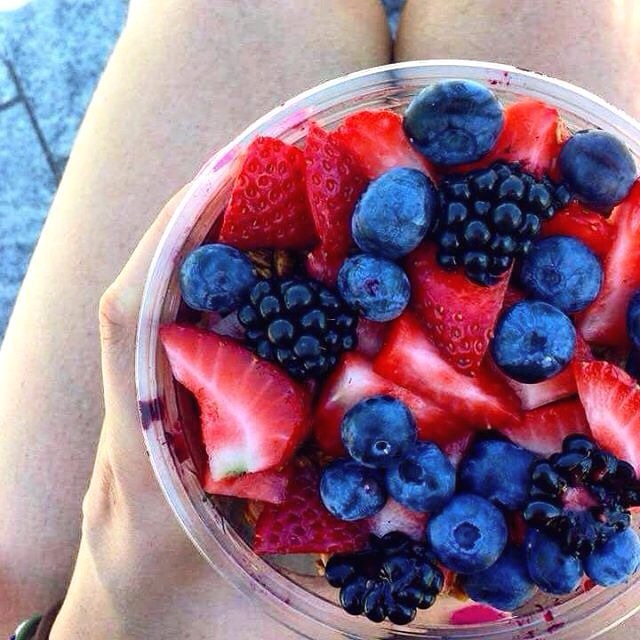
Photo by Nancy Chen
Stick to mainly fruits and vegetables for the bases of smoothies, preferably frozen if you are going for a thicker consistency. Bananas blend well with basically any kind of fruit. They also provide high sources of potassium, which helps to maintain normal water balance and thus normal blood levels and muscle and nerve contractions. Although not technically a “superfood“, I am a strong proponent that a banana a day keeps the doctor away.
Vegetables
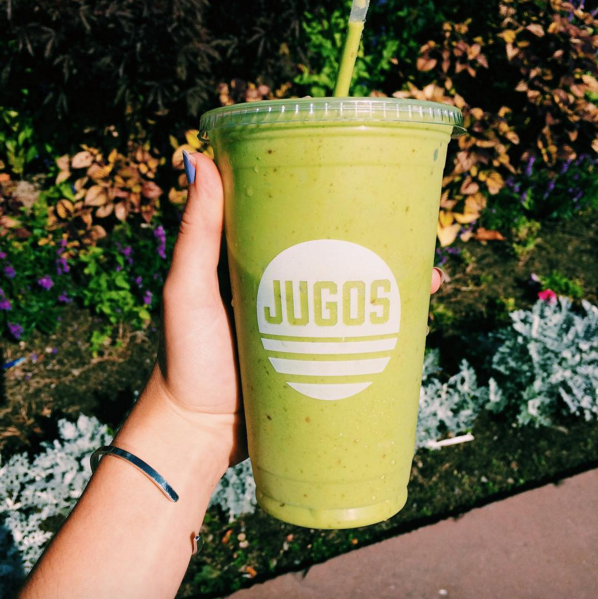
Photo by KJ Carlstrom
Vegetables can be added plentifully as they are low in calories but packed with nutrients, such as vitamin K, vitamin C, and iron. I swear, you won’t be able to taste them once they are blended up. Plus, they help to create a thicker consistency within the smoothie.
Powders
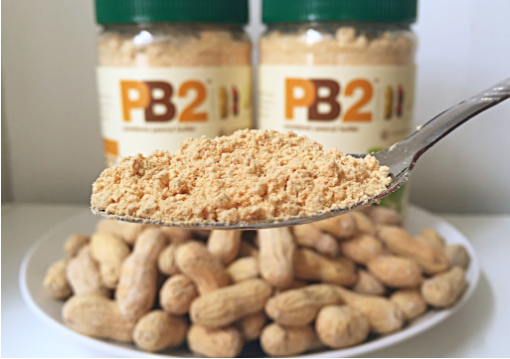
Photo by Kevin Kozlik
Powders such as PB2 and raw cacao powders are great because they pack in extra nutrients and are low in sugar, fat, and calories. Cinnamon is also a great mix in for your smoothies as it has been proven to improve your metabolism and provide other immunity benefits.
There are a number of different protein powders out there that all claim to basically do the same thing — increase the amount of protein you are consuming. Just be cautious of the serving sizes and ingredients of these powders to keep your options healthy and your smoothie free from chemically produced products.
Liquids
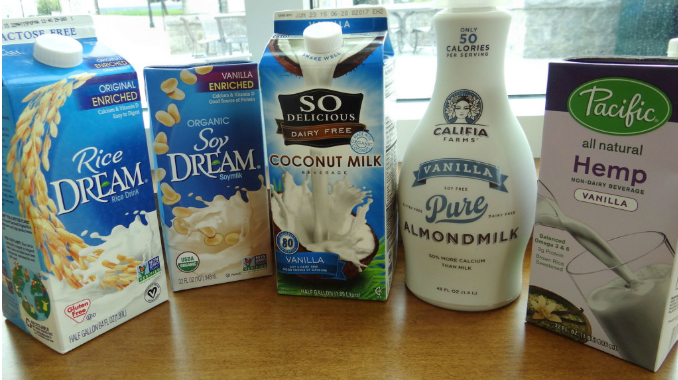
Photo by Lara Schwieger
Liquids help to make or break a smoothie. Be conscious of how much you add of these liquids to make sure you don’t throw off the nutritional or flavor balance of the smoothie.
Obvious options are water, milk (dairy or nondairy), and fruit juice, but some unconventional liquids to add to change your smoothie could be coffee, coconut water, or even maple water.
Additional Add-Ins
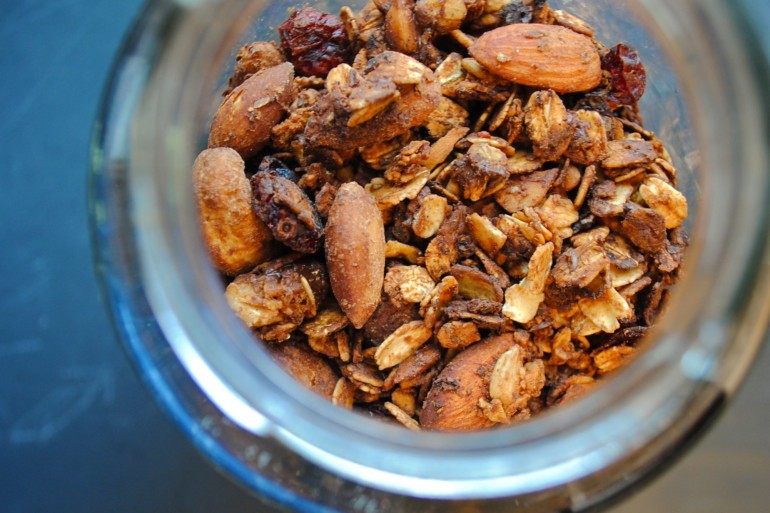
Photo by Lauren Kaplan
Nut butter, nuts, granola, and other toppings are all delicious and help add to the overall satisfaction of the smoothie, but have a lot of extra sugars and carbs. If you are already making a smoothie with a banana and protein powder, you really don’t need the additional protein from the nuts and you won’t necessarily benefit from the added calories.
Same for granola. Some granola may seem healthy as it is a topping for a light liquid breakfast, but some granolas are very sneaky and pack as much as sugar as a bottle of Coke and more fat than a serving of french fries. Keep your toppings light to avoid reversing all the healthy effects of all of the other ingredients.
Abandon the mindset that more is better, take the time to learn of the health benefits of what you are putting into your body, and be conscious of what foods you are consuming. Not only is it important to be mindful of what you’re consuming for your mental health but too much of certain supplements can actually cause health problems as well.


